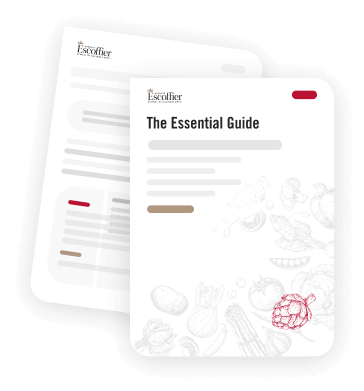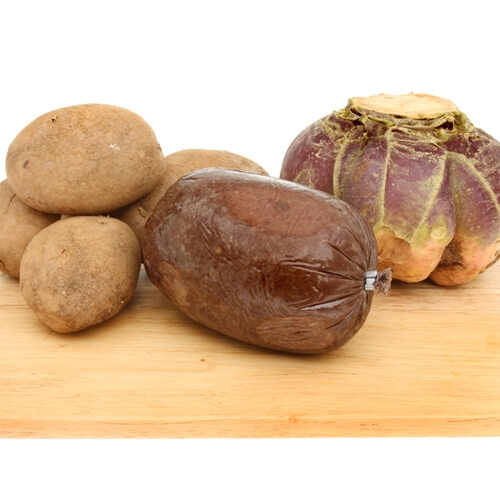Five foods that are banned in the U.S.

You may be surprised to know what foreign and totally delightful food items have been banned from the U.S. Some of these you might have heard of and others can come as a surprise. Just be sure you're not trying to use these five items in your culinary academy homework – they'll be awfully hard to get your hands on!
1. Kinder Surprise
Kids all over the nation wept when the Food and Drug Administration banned Kinder Eggs, also known as Kinder Surprises. These chocolate eggs have an edible shell and come with a toy as filling. The FDA believed the tasty treats are a choking hazard and, according to Thrillist, bringing one into the U.S. can cost a $2,500 fine. Are they worth it? It depends if you are nostalgic for when you had one before they were banned.
2. Ackee
Ackee, the national fruit of Jamaica, is banned from the U.S. because ingesting it can lead to death. The pear-shaped fruit has toxins that can rapidly drop a person's blood sugar by disabling the body's ability to release extra glucose. You cannot get these fruits raw but they do enter the states in a cooked fashion, where they are much less toxic. A dish made with ackee and saltfish has even been featured on the Food Network's "Diners, Drive-ins and Dives." You can find ackee near the canned fruit.
3. Unpasteurized milk
In nearly half of the states, milk that has not been pasteurized is not legal to sell. When the pasteurization process became the standard in dairy production, it was said to be for the benefit of consumers by protecting them from bacteria that can make them sick. Now that the entire milking process has changed and become mostly automatic, many farmers argue that even unpasteurized milk is safe to drink.
4. Haggis from the U.K.
If you love Scottish fare and want to make your own haggis with sheep lung and other goodies, you are absolutely within your legal rights. You cannot, however, get haggis that is from the U.K. Go figure!
5. Japanese puffer fish
The next time you walk by an impressive fish tank, stop and take a look at the puffer fish. This interesting critter is beautiful to look at and has a cute little face, but it can kill you if you eat it. Japanese people call it fugu and have eaten it, when properly prepared, as a delicacy for hundreds of years. In the U.S. you must have a license to harvest, sell or serve these fish. It also faces major restrictions in Europe.


